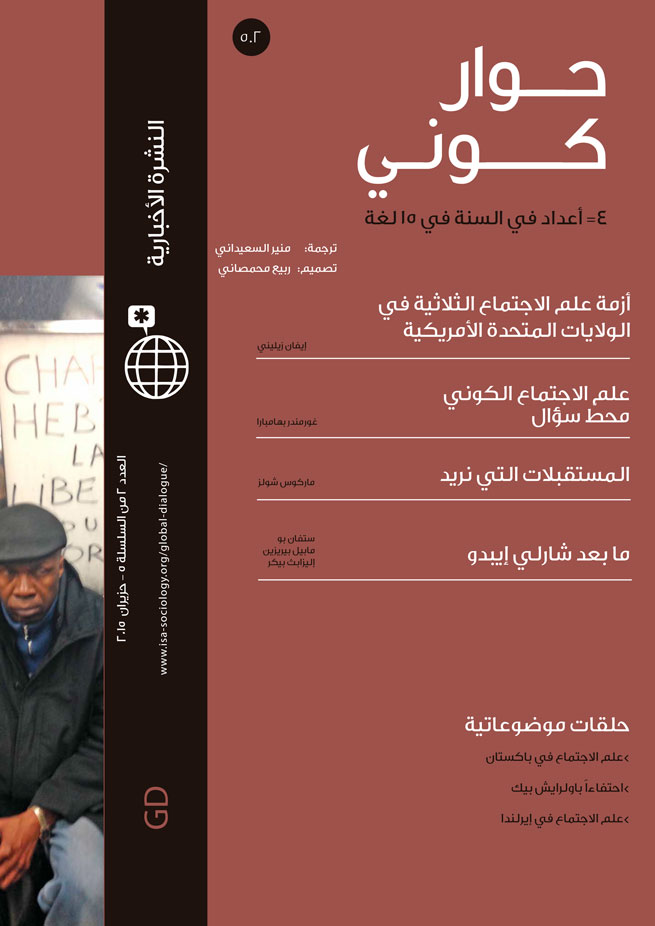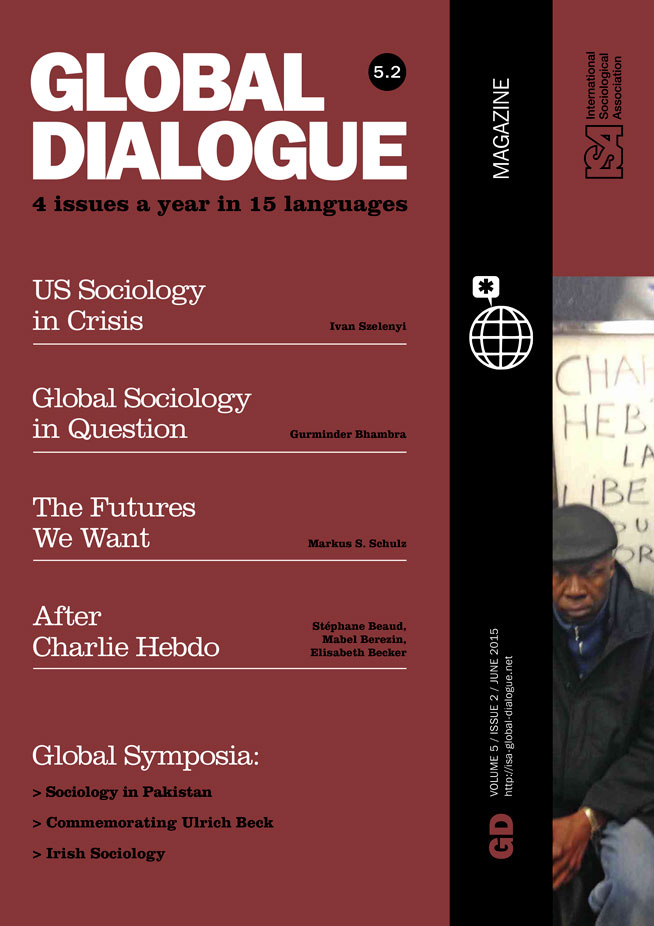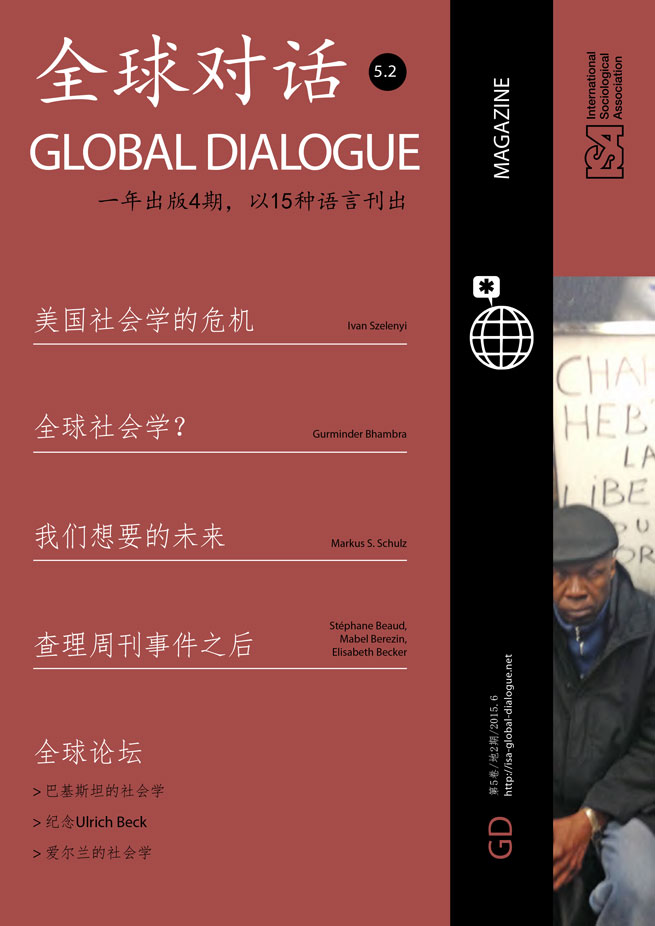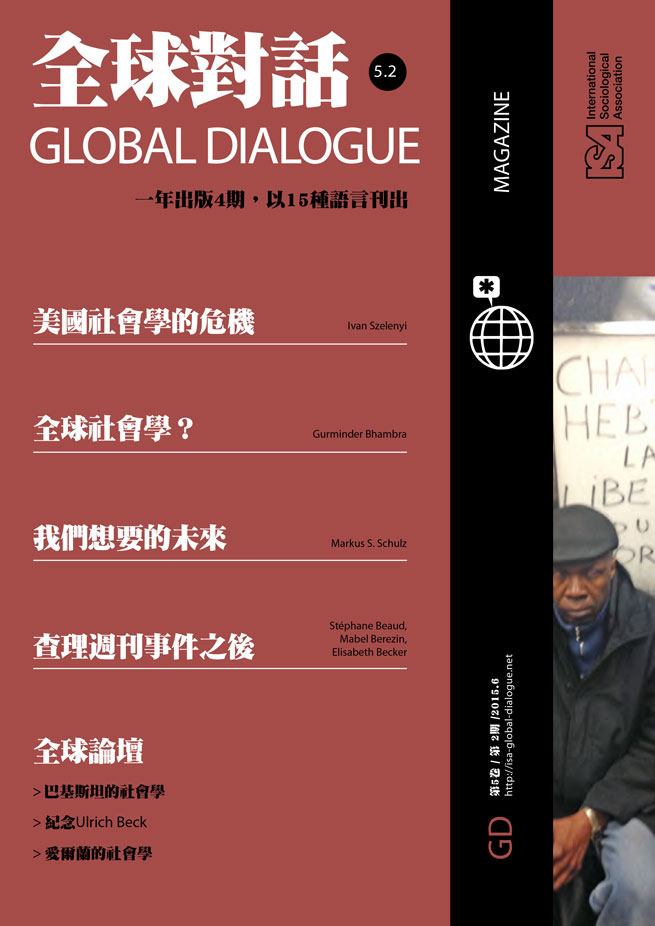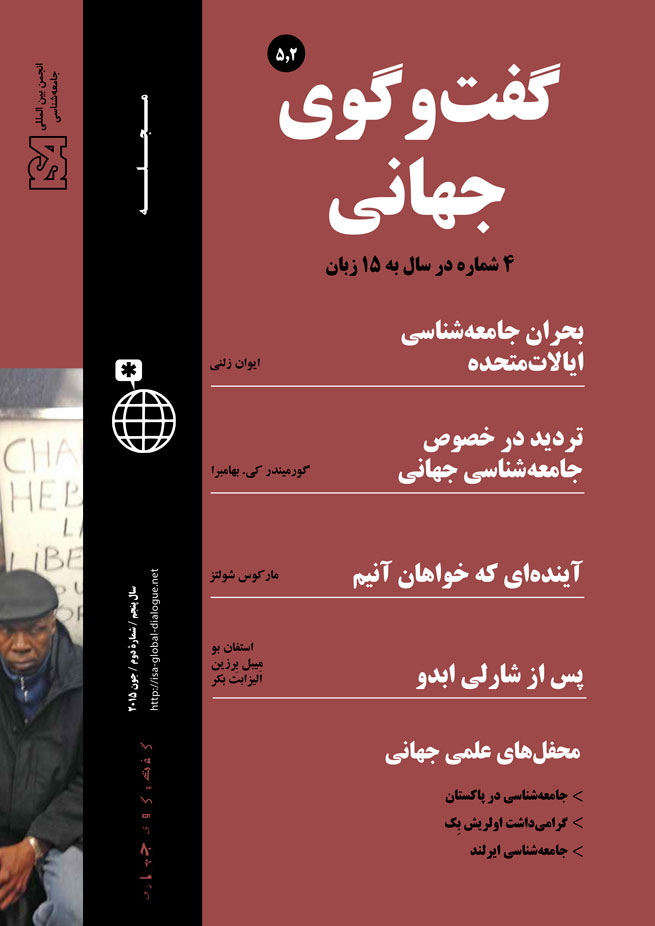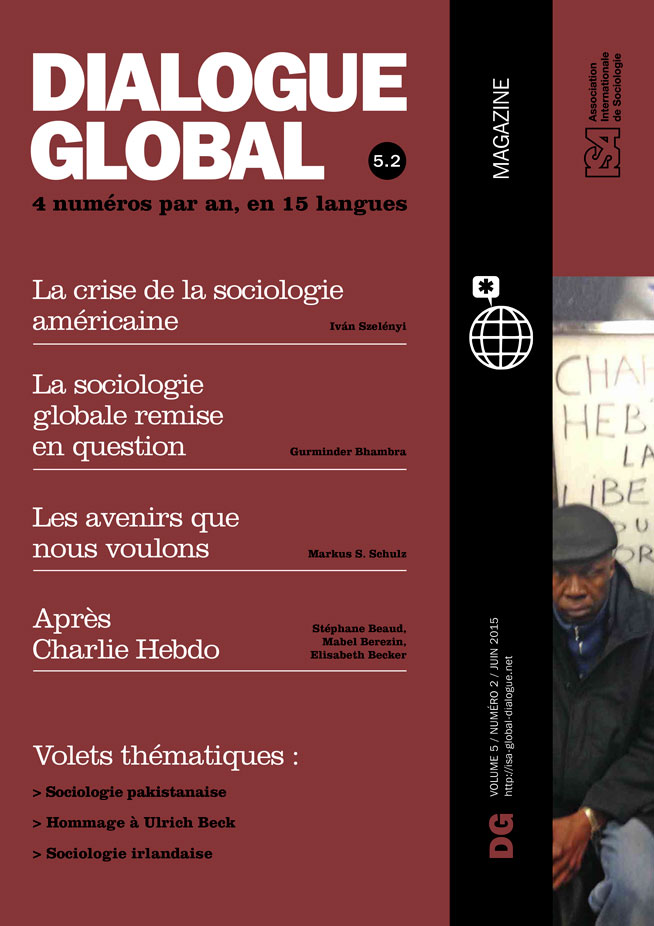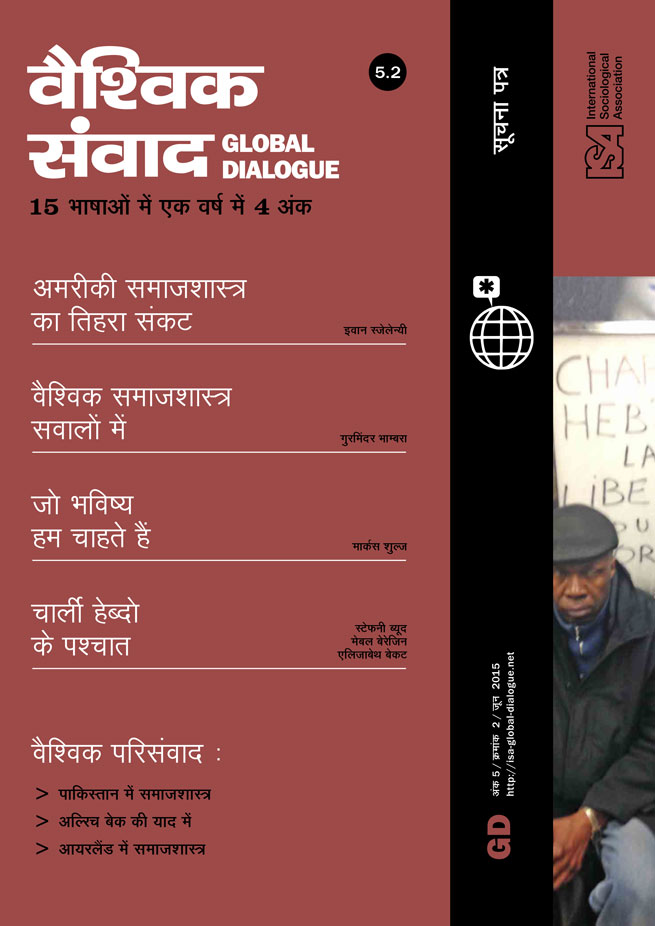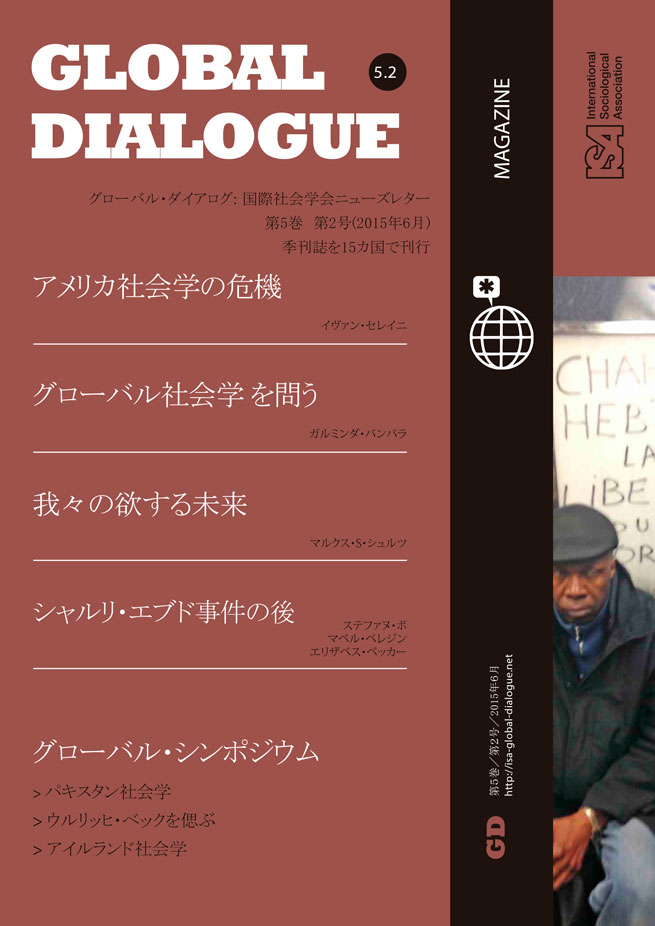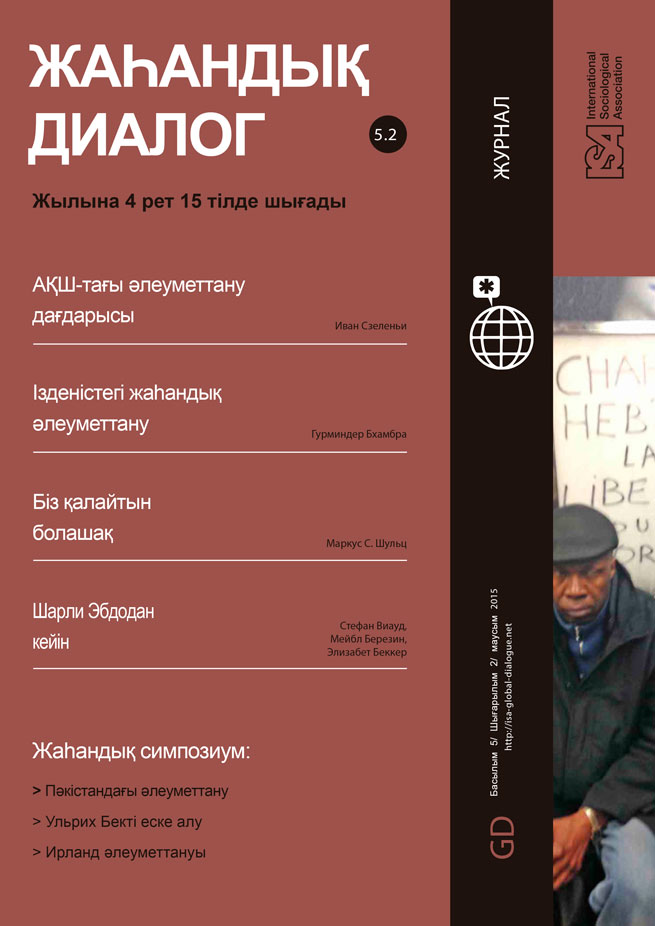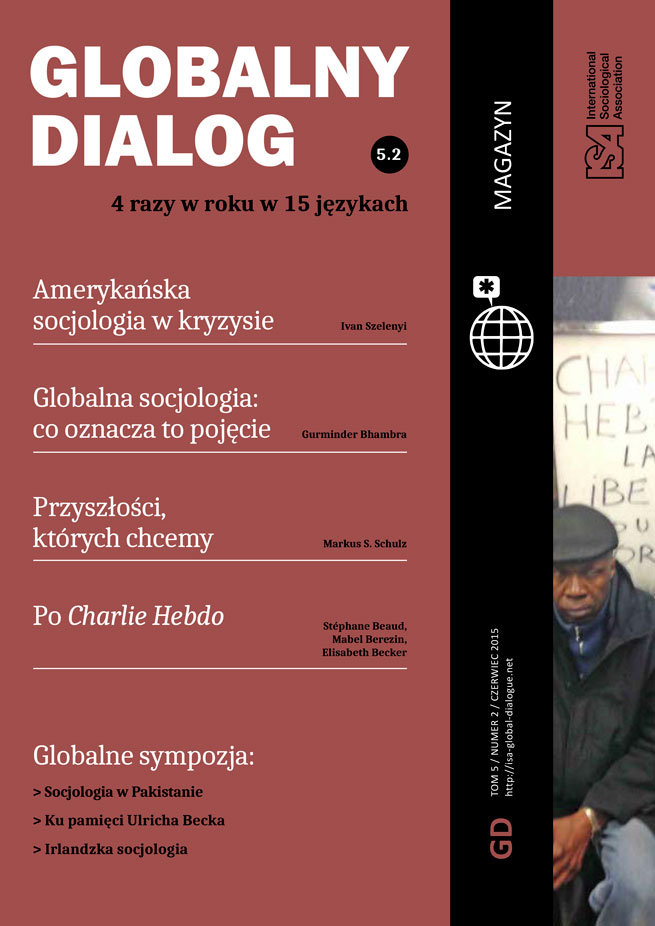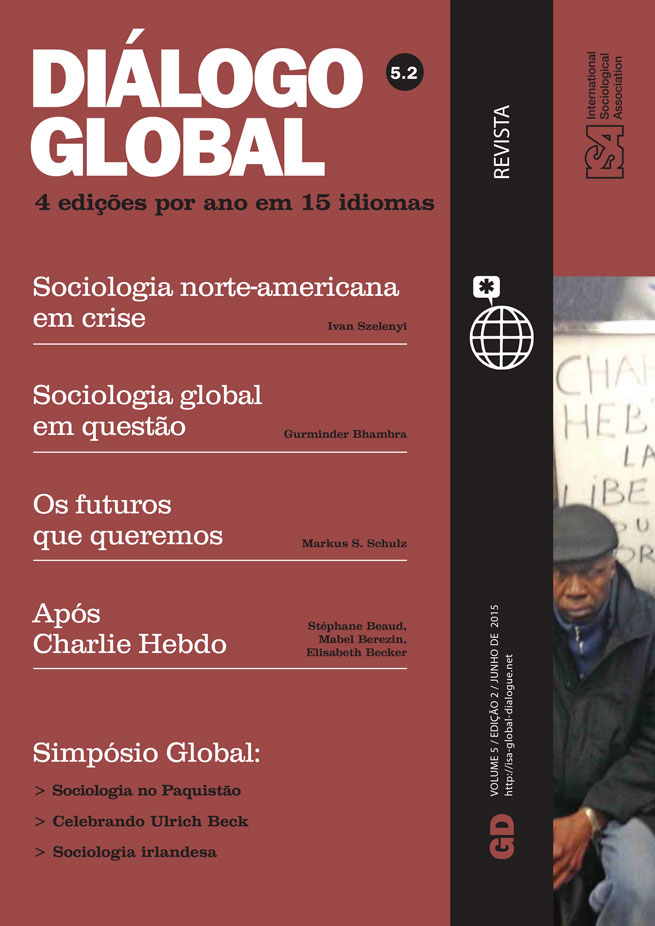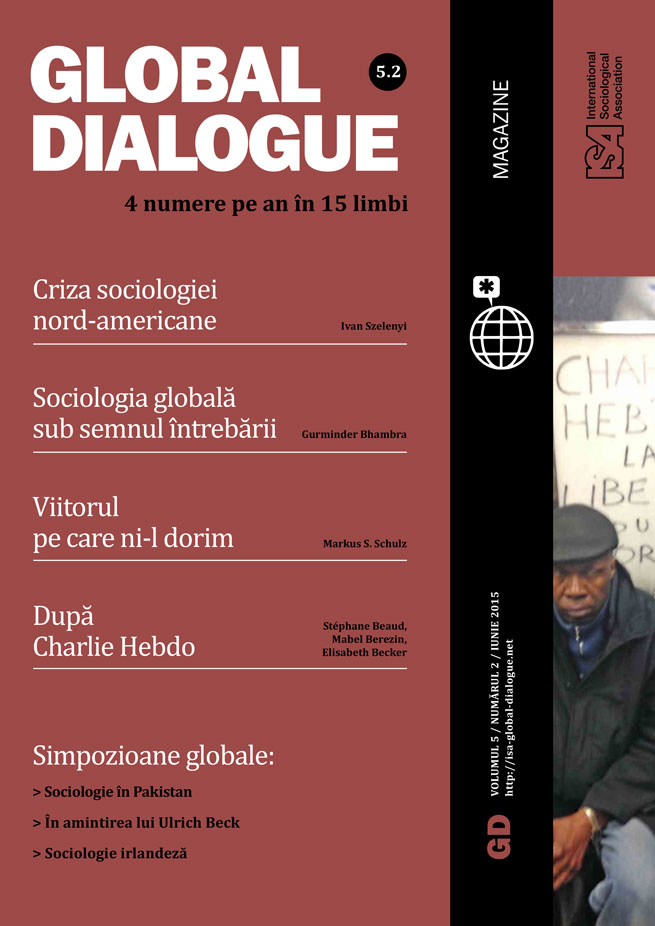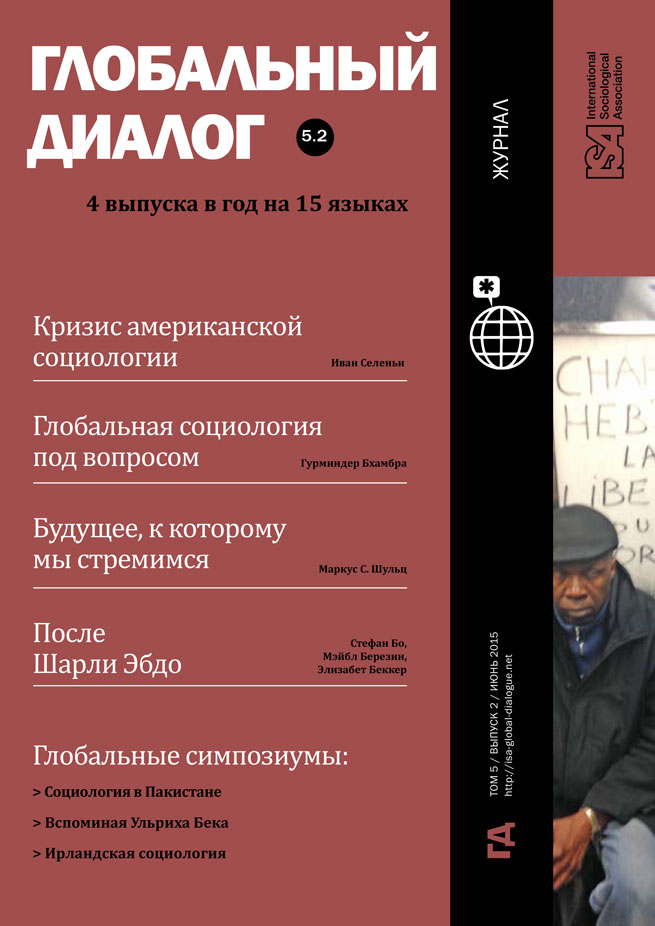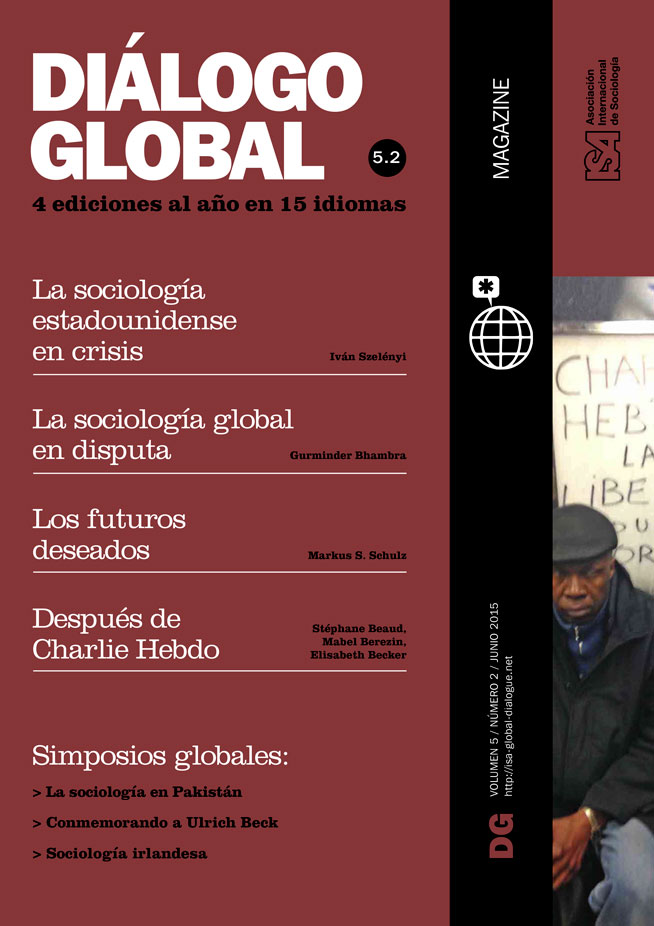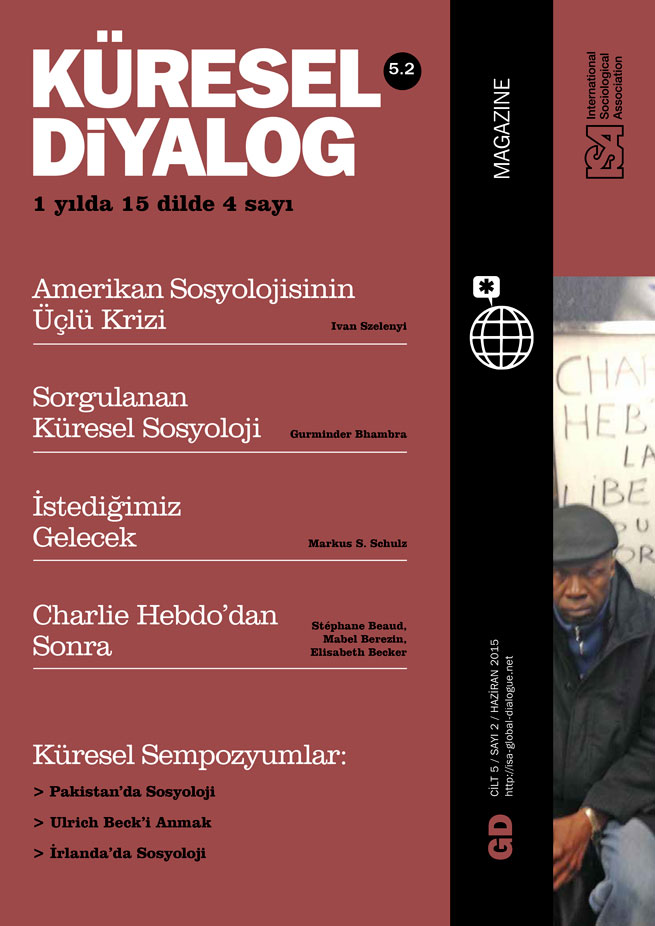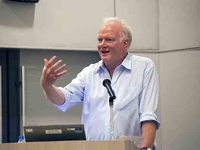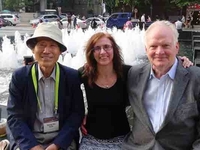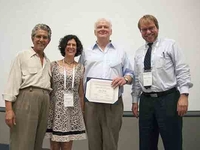The Influence of Ulrich Beck in East Asia
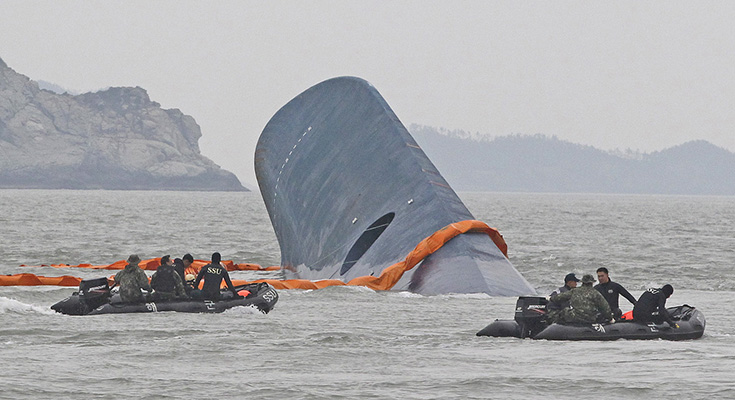
“good” consequences – a greater attention to safety issues and a debate over the organized irresponsibility of the government.
April 30, 2015
Public attention is shaped within the landscape of discursive formations, along with historical processes of social change. Ulrich Beck’s influence in East Asia – especially China, Japan, and South Korea – is best demonstrated through a description of the region today, of its problems and possibilities, and through a discussion not only of the contemporary public perception of risks but also of why sensitivity about the future is acutely high in the region today.
East Asia represents the world’s most successful story of post-World War II modernization, a success which has been exceptionally compressed, consequential and transformative, helping citizens recover their sense of pride and self-confidence. But the unintended by-products of rapid modernization driven by bureaucratic-authoritarian developmental states, have penetrated every aspect of citizens’ lives. As a consequence, the benefits of compressed modernity often seem as magnificent as the risks are catastrophic, and attention frequently shifts chaotically from the bright to the dark aspects of development.
East Asia’s normative traditions, such as Confucianism, Daoism, and Buddhism, remain intact despite Western cultural imperialism. By drawing attention to the life-threatening risks stemming from capitalist globalization, these traditions – originally quite conservative – ironically began to spark popular criticisms of risk society, as a serious violation of human dignity, coexistence, and humanity-oriented (people-centered) politics.
here are three unambiguous reasons for Beck’s popularity in the region. First, Beck’s concept of risk society has been received as deeply realistic, exemplified by catastrophes like Japan’s Fukushima Daiichi nuclear disaster (2011), Korea’s Sewol Ferry Tragedy in Korea (2014), or Beijing’s “yellow dust” – dust storms and air pollution. Second, in addition to describing risks, Beck offers a new vision for the future, namely reflexive modernization or a second modernity. This vision matches East Asia’s search for its own identity and a better future that does more than merely duplicate Western modernity. Third, Beck’s advocacy of a participatory approach to risk governance is also stimulating, as it breaks away from both a conventional model of state governance and a technological approach to risk management.
Beck’s visit to Seoul in July, 2014, exemplified the degree of his public recognition and the extent of his influence. The country was still reeling from the sinking of the MV Sewol in April. The government’s incompetence sparked public outcries of grief and anger over the loss of hundreds, including many young students on a school trip. Against this backdrop, Beck gave a public lecture at the jam-packed International Conference Room of the Korea Press Center. Though he focused on climate change, Beck nonetheless offered words of comfort, pointing to citizens’ clamor as a catalyst for change. Suggesting that a “bad” thing could sometimes have unintended “good” consequences, he noted that the terrible Sewol tragedy had spurred attention to safety issues and debate over the government’s organized irresponsibility.
Later Beck joined the inaugural forum for Seoul’s Megacity Think Tank Alliance (MeTTA) with the theme “Beyond Risk toward Safe City.” On live television at Seoul’s City Hall, Beck emphasized a vision for new politics:
All of the common problems faced by East Asia have already come to light. Nations are interconnected […] but they confront each other over historical problems. If they fail to give birth to the union of Asia, then there is no reason why [Asian] cities can’t take over […] Cities such as Seoul can move towards a model of “United Cities,” rather than Nations. Cities are now becoming cosmopolitan and “global” megacities are becoming ever-more cosmopolitized […] this is a starting point for intercity cooperation.
The sudden passing of Beck shocked Korean society, and conservative and liberal media outlets alike paid their respects to him. Seoul’s Mayor Park Won-Soon extended his condolences, stating, “I will strive to make Seoul a model city which can overcome the numerous risks which Professor Beck warned about through citizen participation and intercity cooperation.” Korea University Professor Kim Mun-Jo wrote a tribute for The Joongang Ilbo, while Research Professor Hong Chan-Sook of Seoul National University wrote a heartfelt remembrance for The Kyunghang Shinmun, drawing on her experience as his student in Munich: “He always offered a helping hand and warm comfort for his pupil who had come from a far and unfamiliar country in the East.”
In The Hankyoreh, I described Beck as the warmest and most passionate Western scholar whom I have ever met. At Mayor Park’s request, Beck had agreed to launch a “Seoul Project” for participatory risk governance starting in January of 2015, expressing great enthusiasm for this project in our last Skype conversation on December 22. He even proposed a “Parliament for Risk Actors in East Asia,” an idea he had taken from Bruno Latour shortly after an early December workshop in Paris. This March, when the Seoul project held its kick-off conference, the famous monk Ven. Myoung Jin, whom Beck and his wife met during their 2008 visit to Seoul, led a memorial service for Beck.
In Japan, Beck first gained recognition in environmental sociology, and in the early 2000s, his concept of individualization became increasingly popular. But Beck became especially visible after the Fukushima Daiichi nuclear disaster: in a 2011 interview, he elaborated on the nature of risk, but also urged Japanese citizens to get involved and to prevent industry and professionals from monopolizing decisions.
The impact of Beck’s theory of risk society in Japan after Fukushima paralleled his impact on the world after Chernobyl. Upon his death, obituaries in leading national newspapers such as the Asahi Shimbun, Nihon Keizai Shimbun, Mainichi Shimbun, Yomuiri Shimbun, Sankei Shimbun, and many local newspapers outlined his achievements; Beck’s close associate Professor Munenori Suzuki of Hosei University described Beck as “a broad-minded intellectual giant who examined risk.”
Beck was perhaps less well-known to the Chinese public, but he was a formidable presence in Chinese academe: at least 8,000 Chinese academic journal articles mention Beck and risk society. Despite his lower public profile in China, major newspapers and media reported the news of Beck’s death. In a full-page article for Wenhui Daily entitled “Four Keywords of Beck’s risk society theory,” Professor Sun Guodong from Fudan University summarized Beck’s contribution through the keywords “second modernity, reflexivity, subpolitics, cosmopolitanism.” Professor Wu Qiang of Tsinghua University wrote an article about Beck for New Century Magazine. Many academics dedicated entries on their Weibo “micro-blogs” to Beck. As in Japan and in Korea, the death of Ulrich Beck was deeply mourned in China.
The author wishes to thank Sae-Seul Park, Professor Midori Ito, Mikako Suzuki, Professor Yulin Chen and Zhifei Mao for their contributions in collecting the necessary information from Korea, Japan and China.
Sang-Jin Han, Seoul National University, South Korea and former Board Member of ISA Research Committee for Social Classes and Social Movements (RC47) <hansjin@snu.ac.kr>

